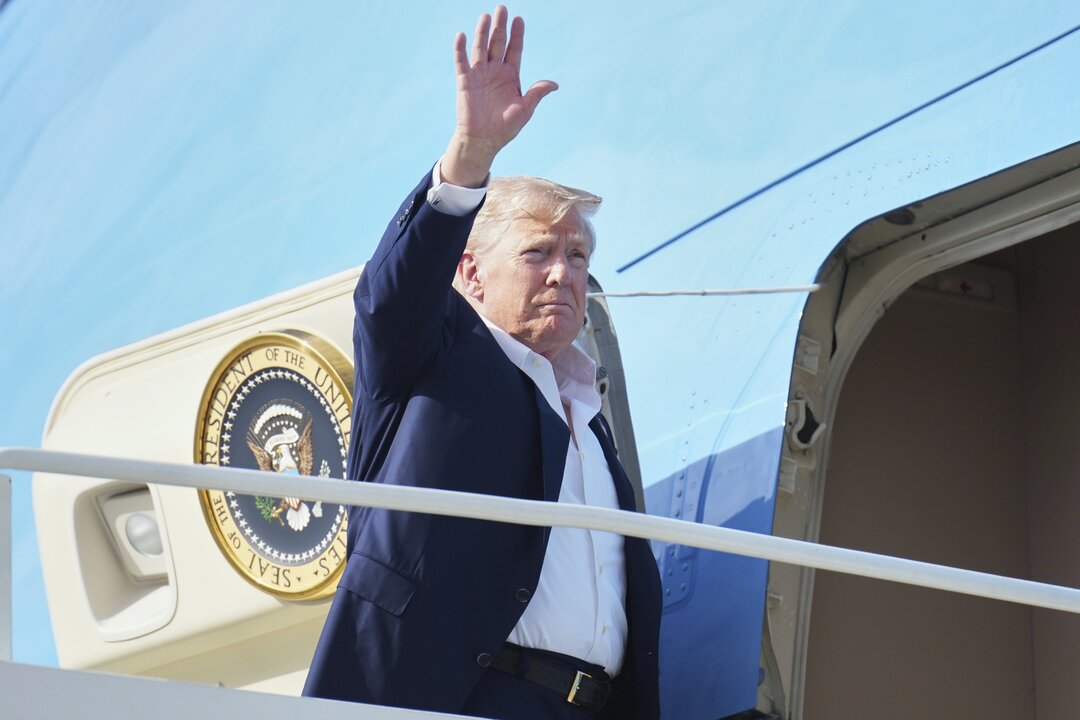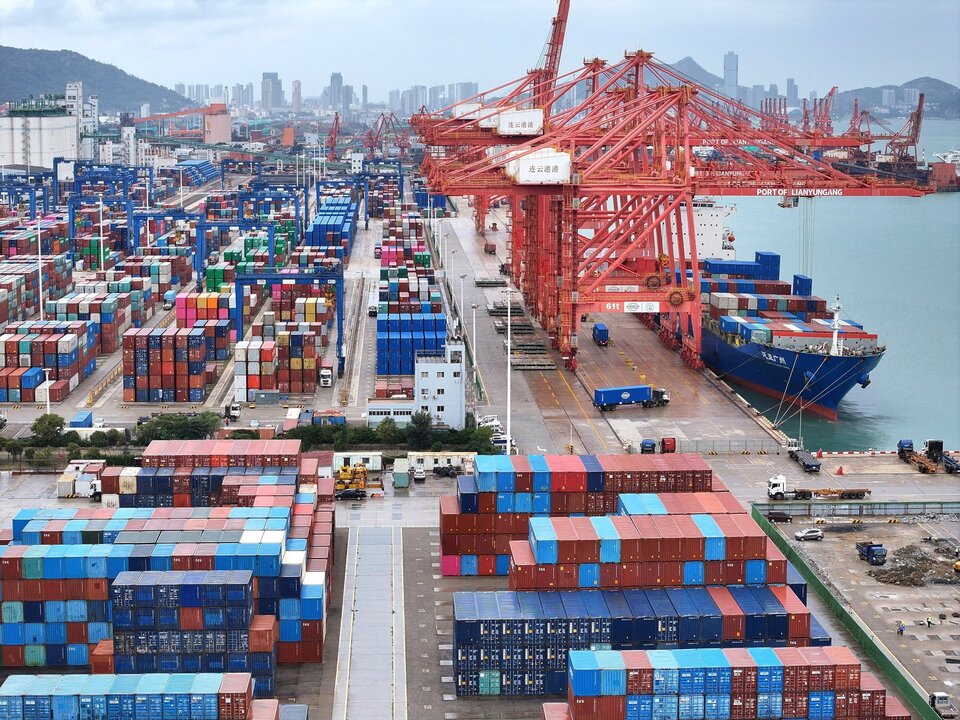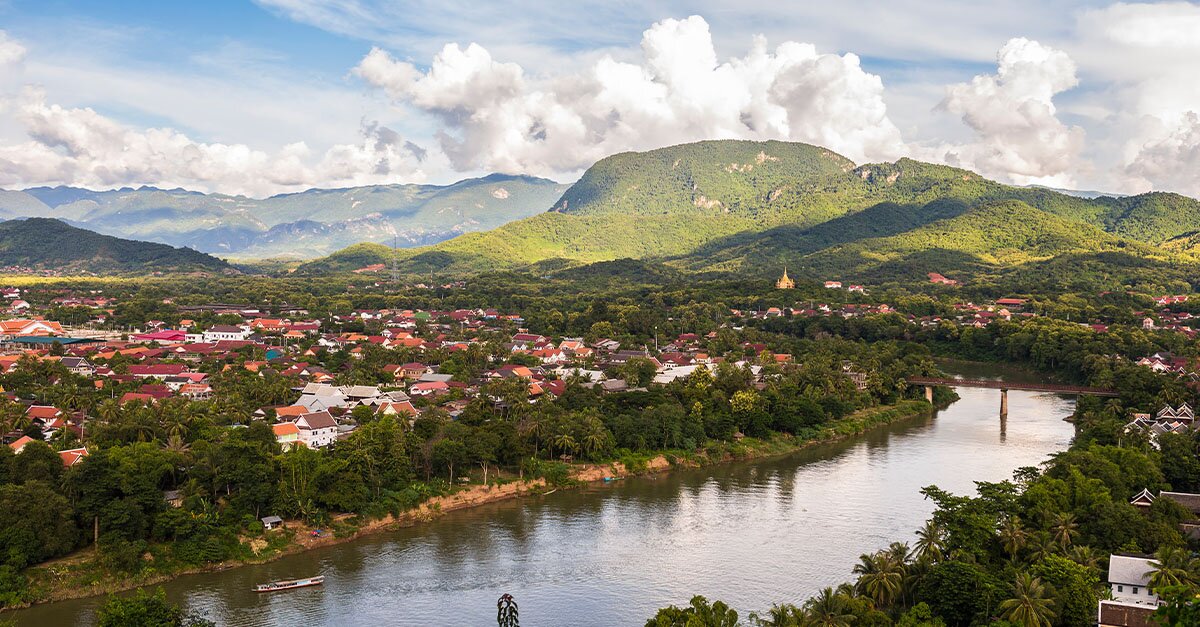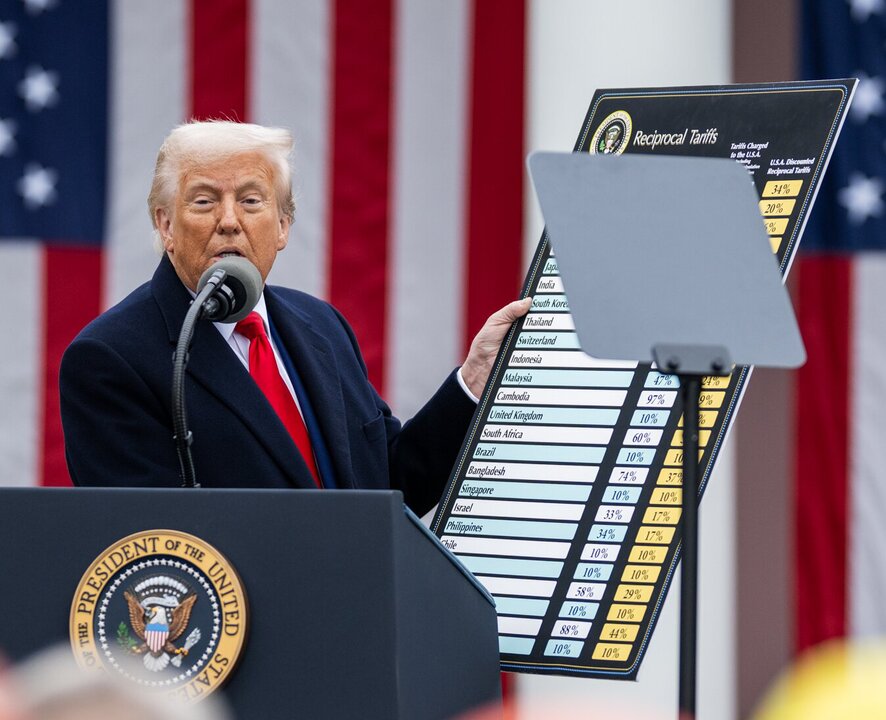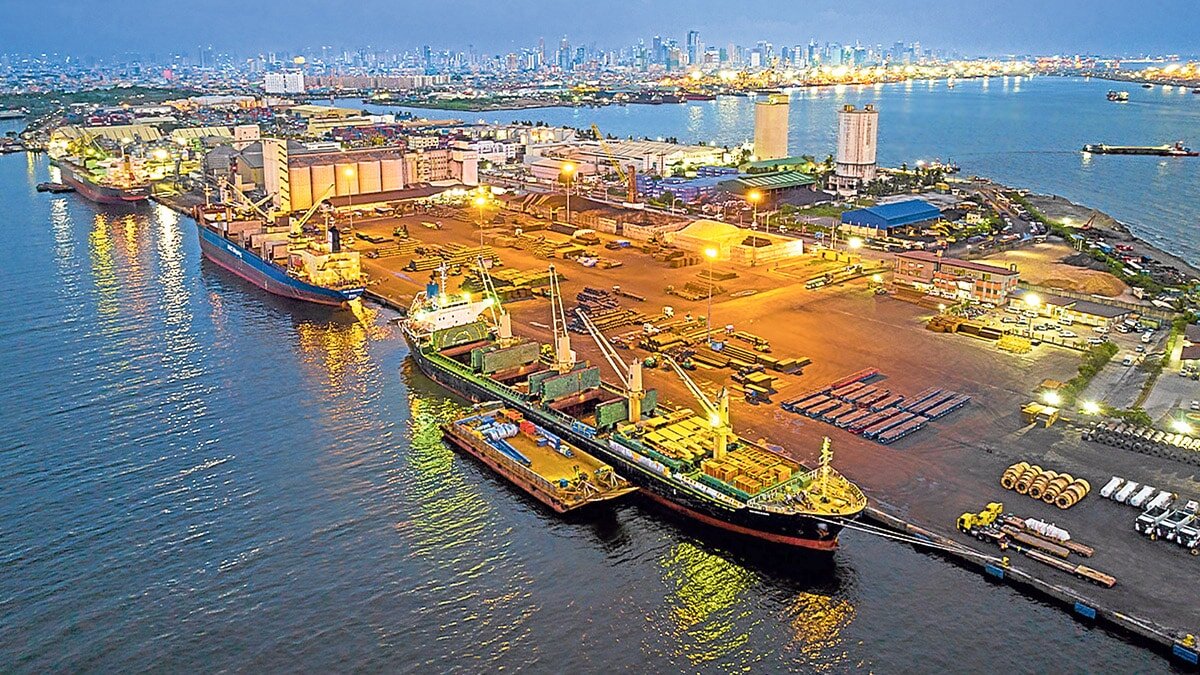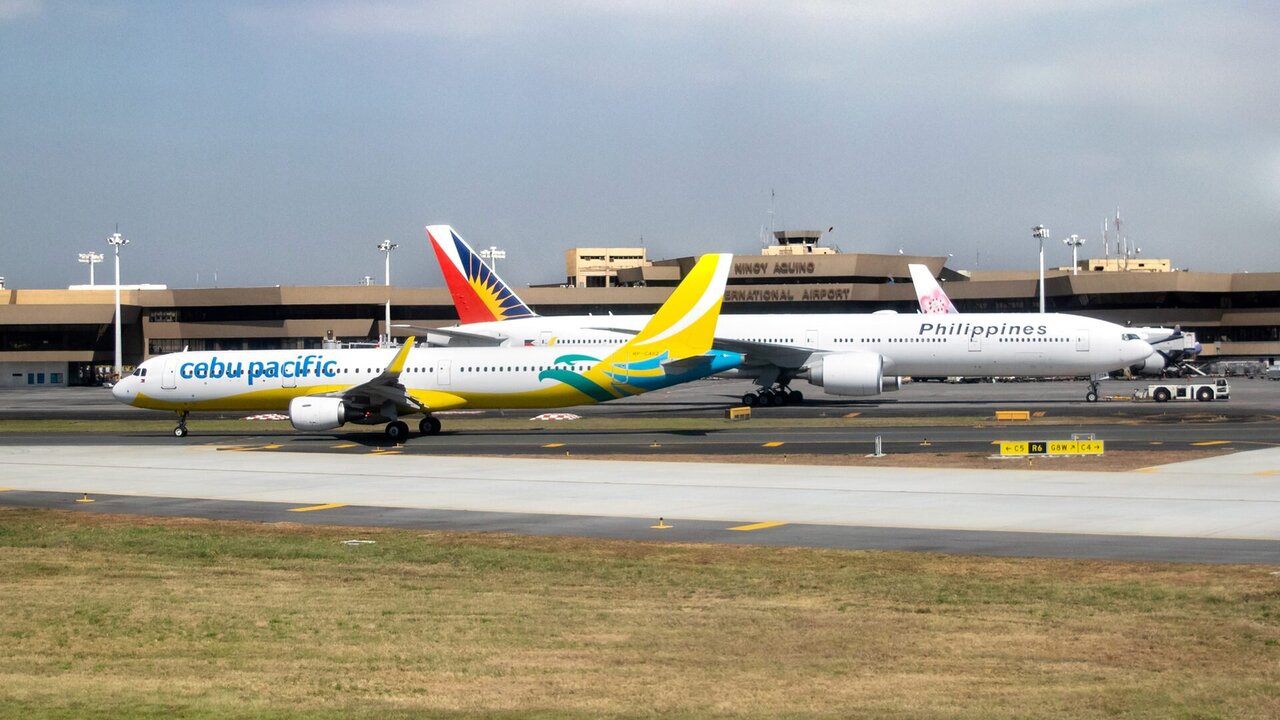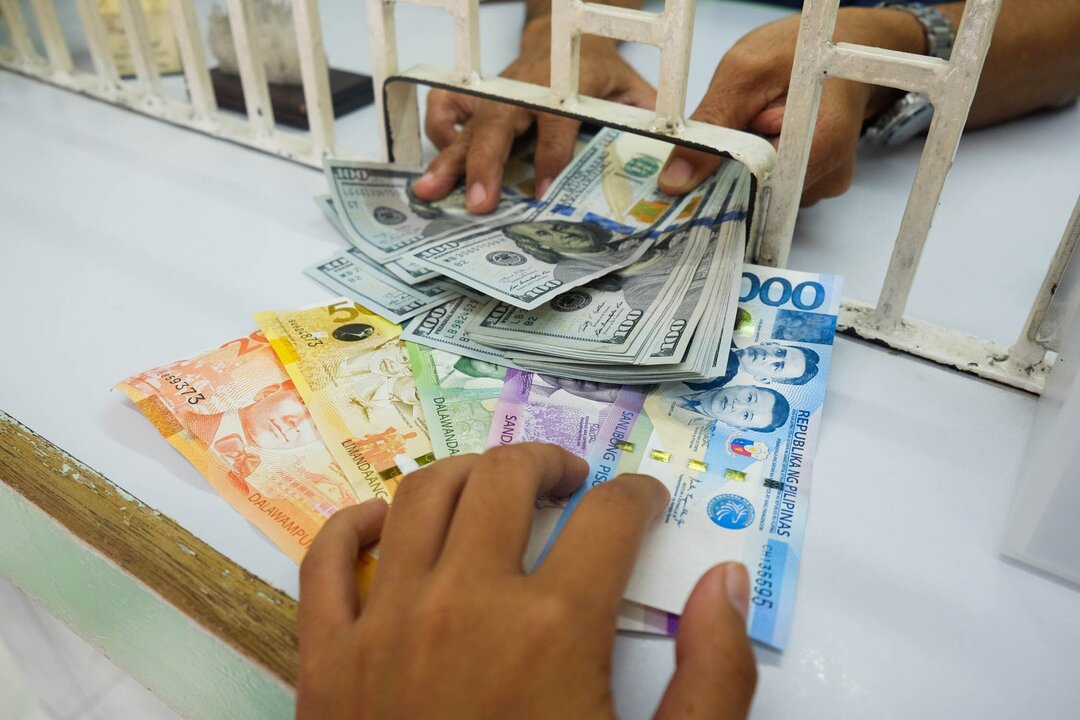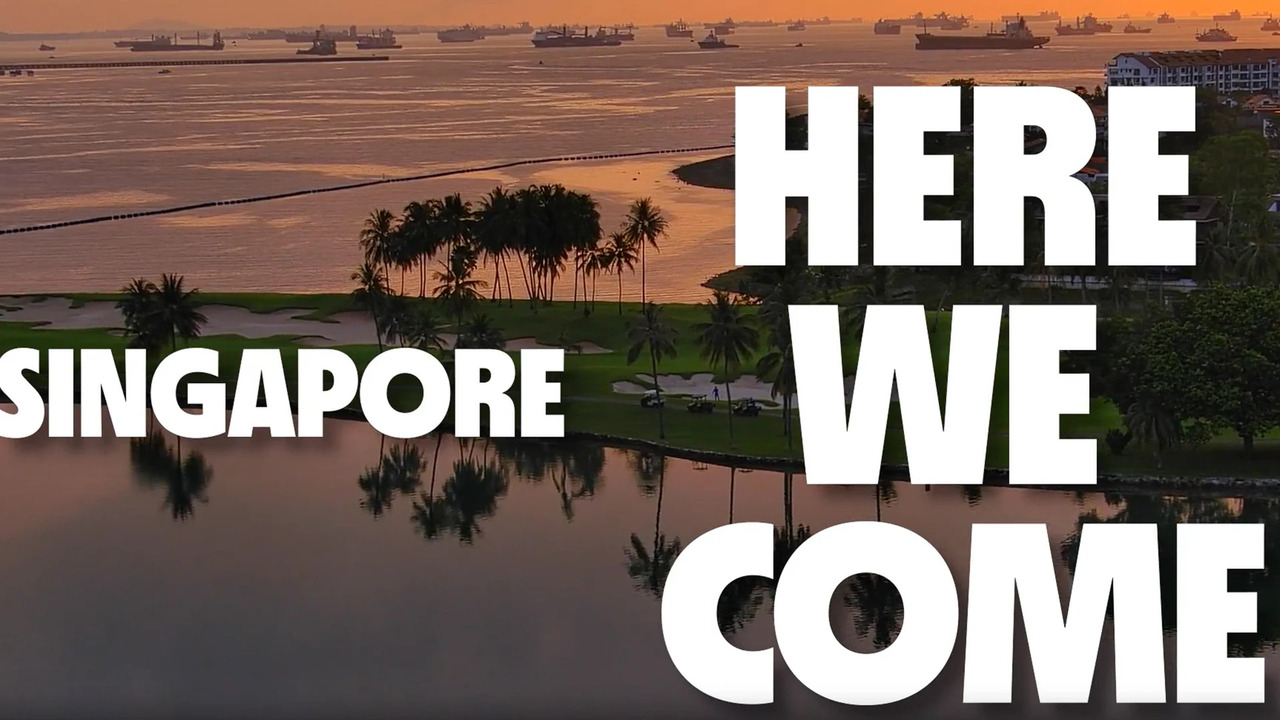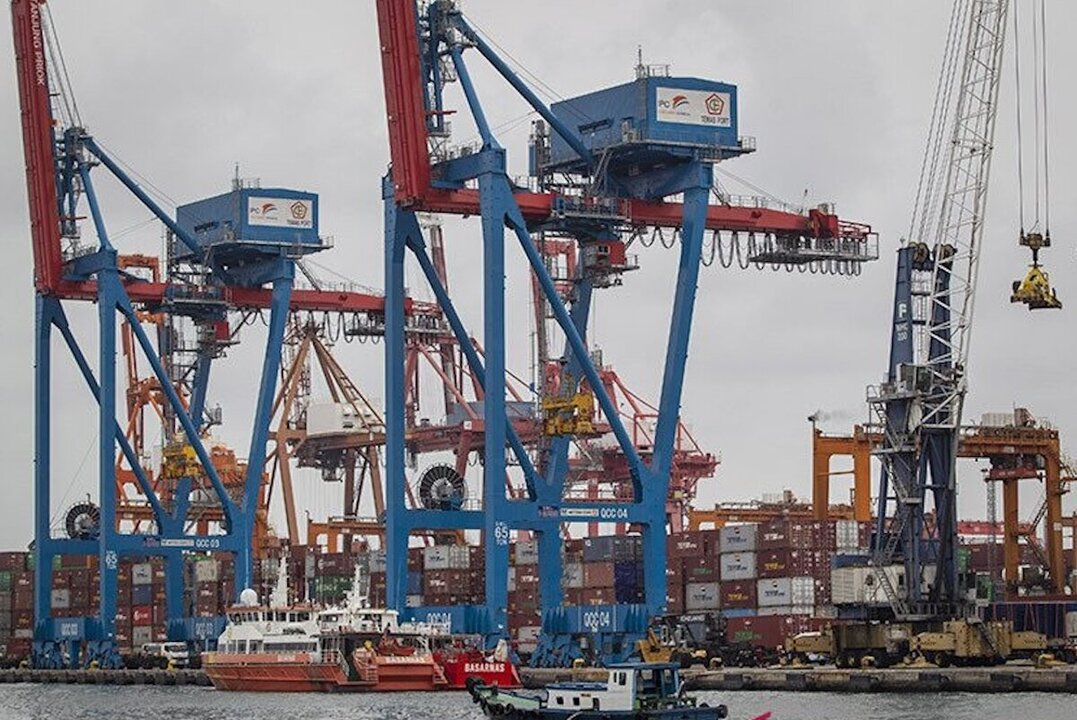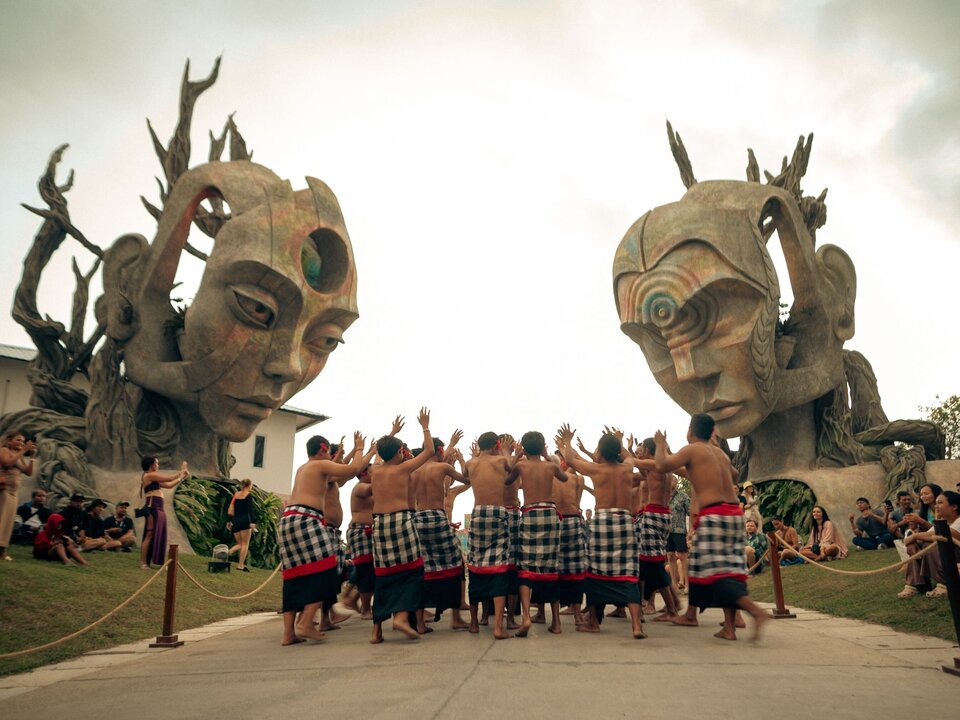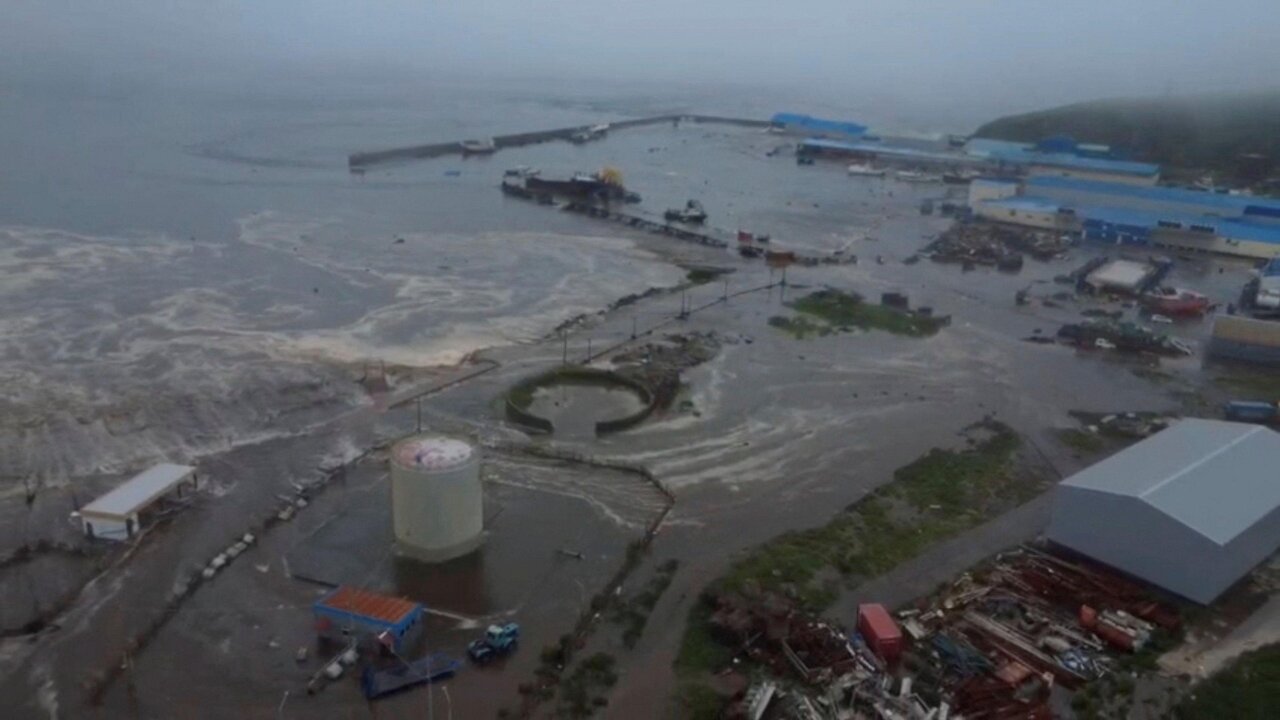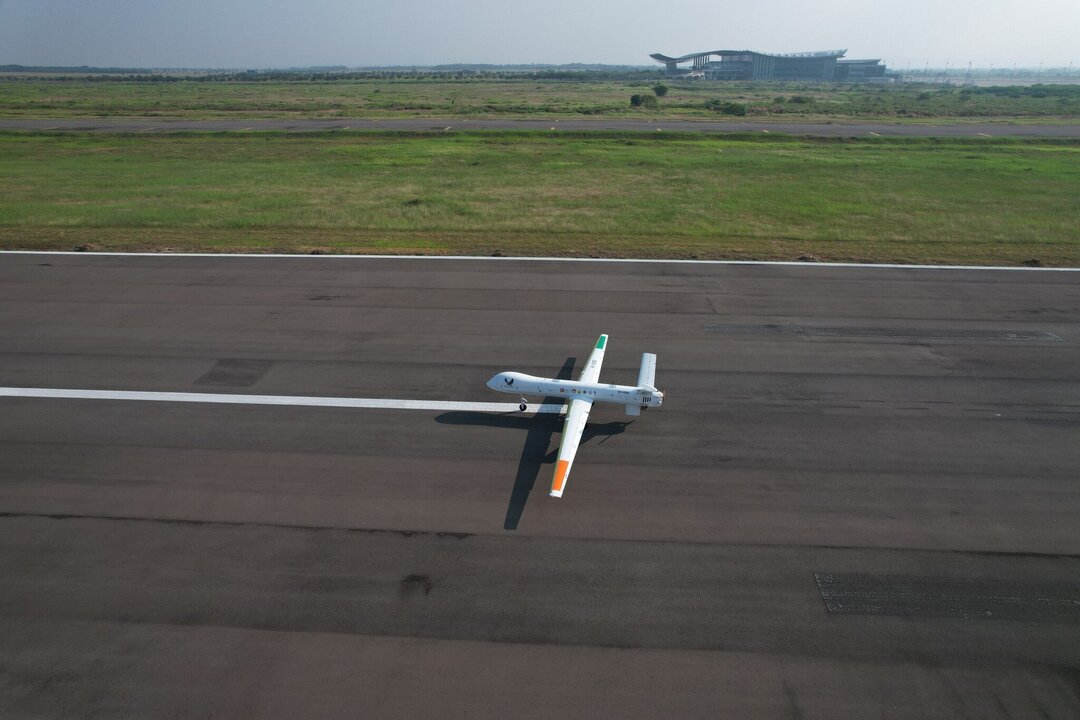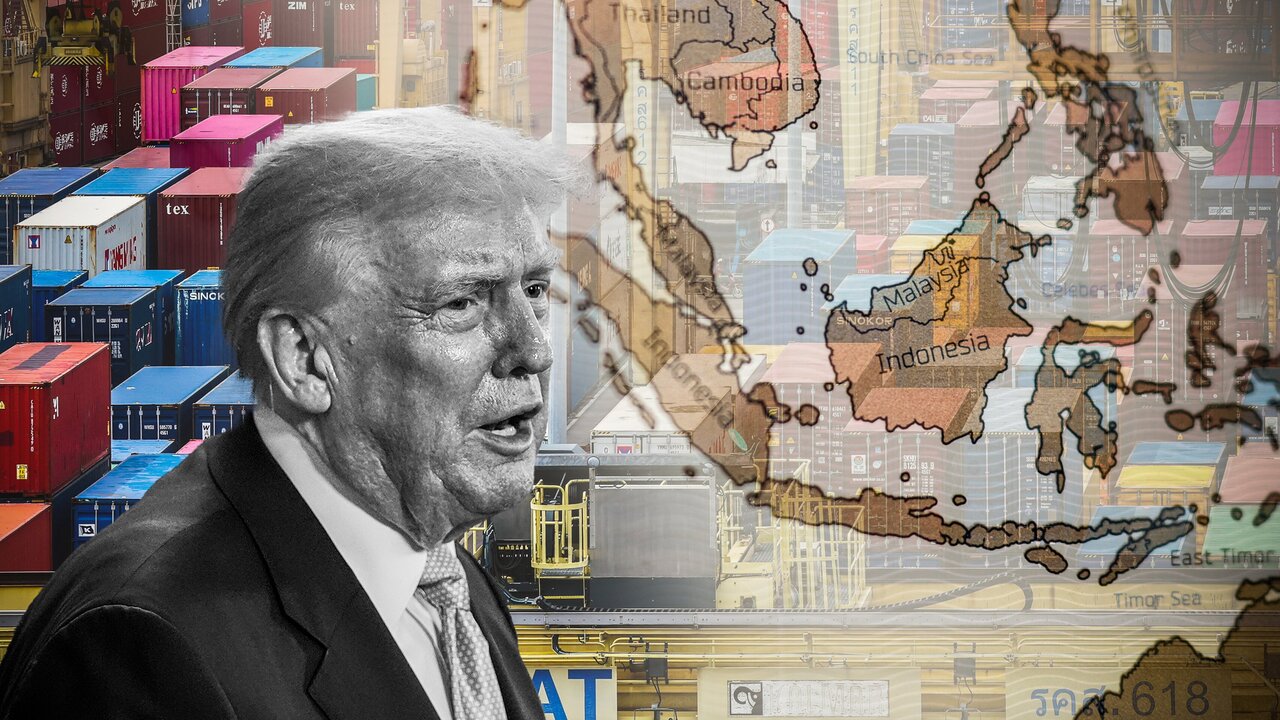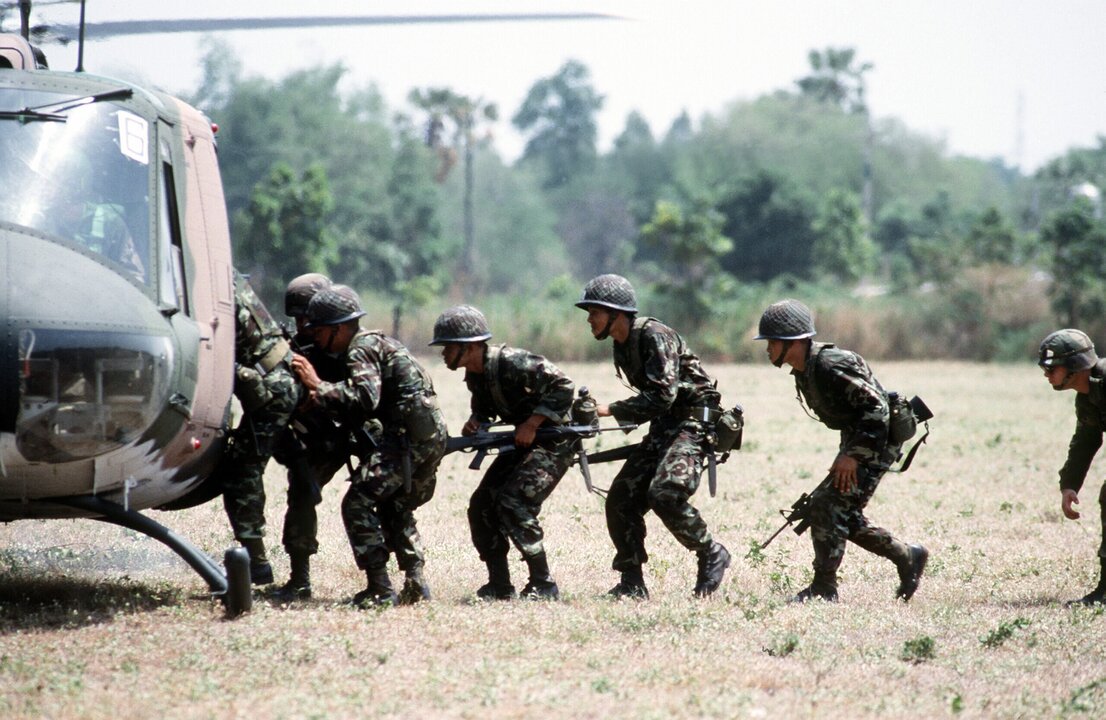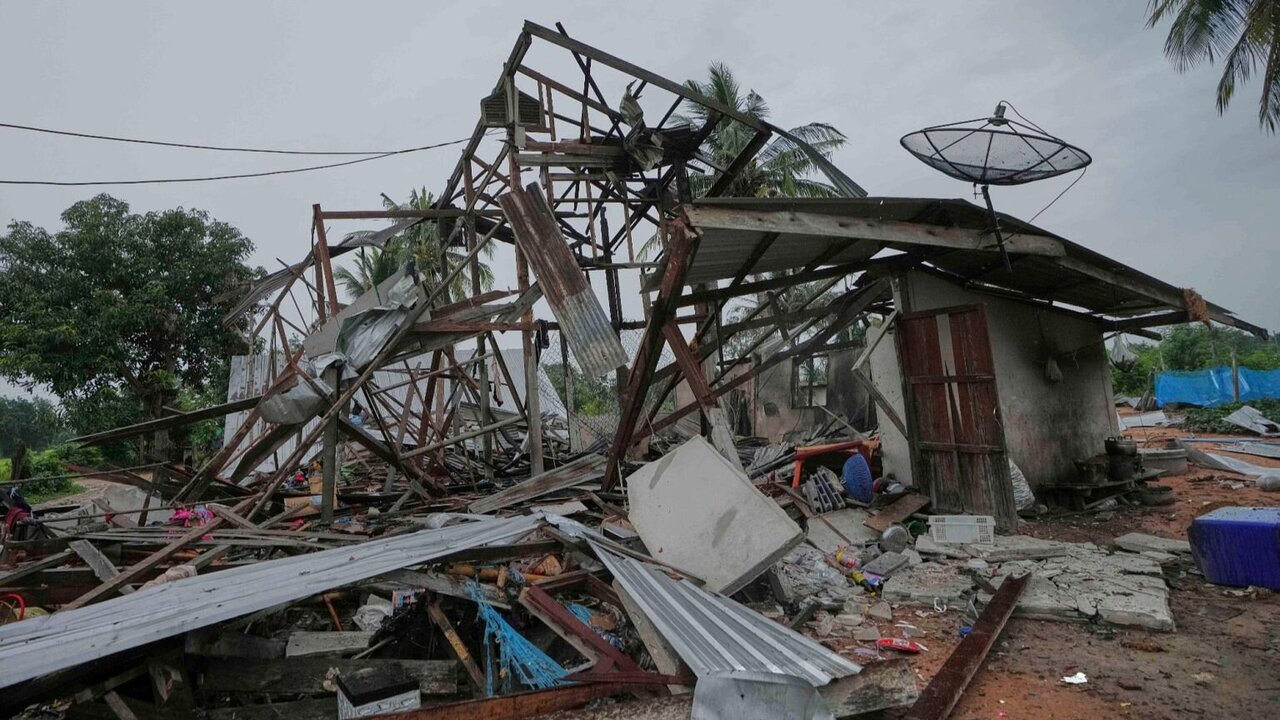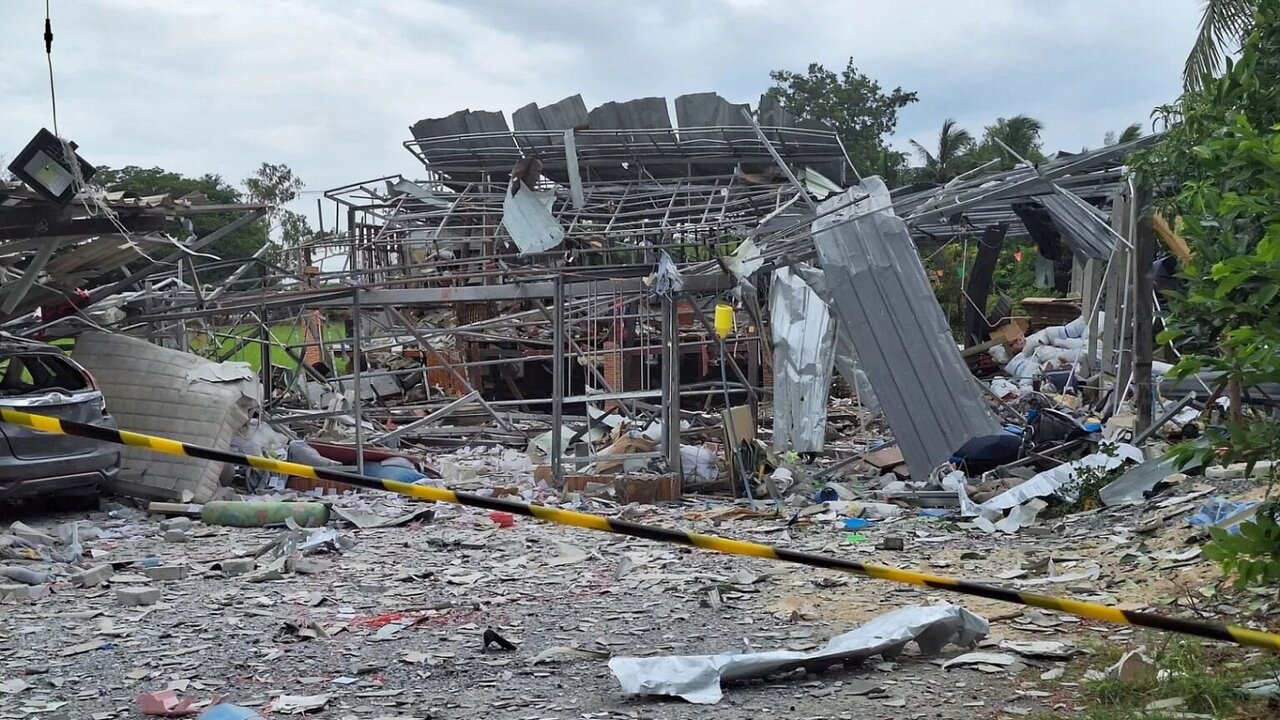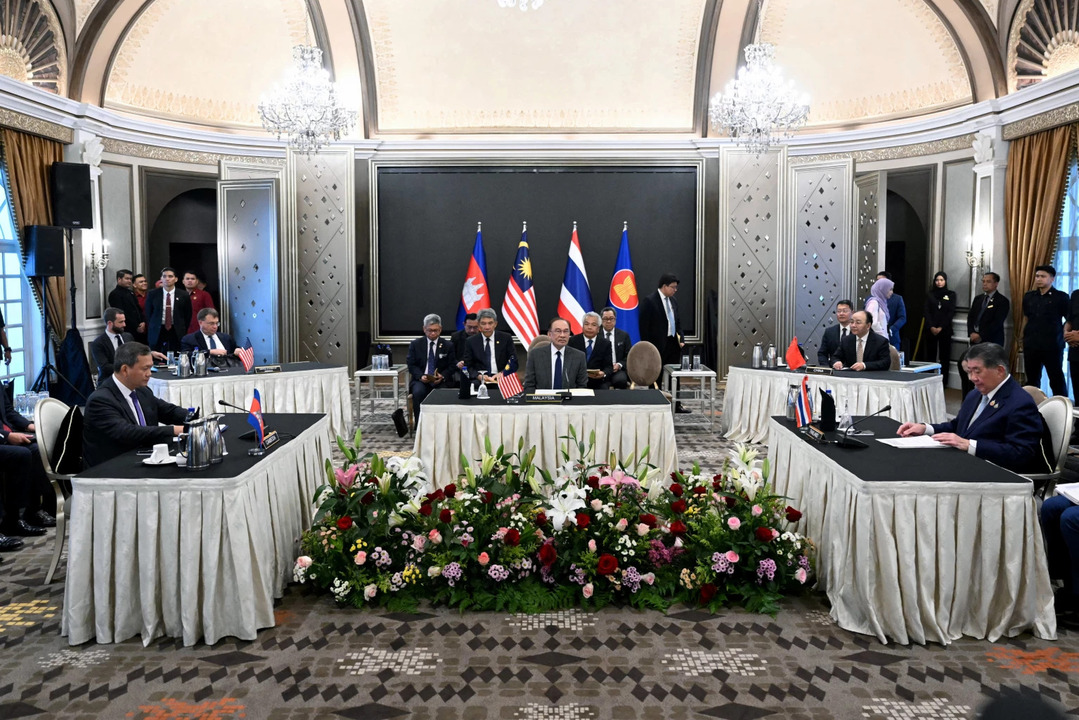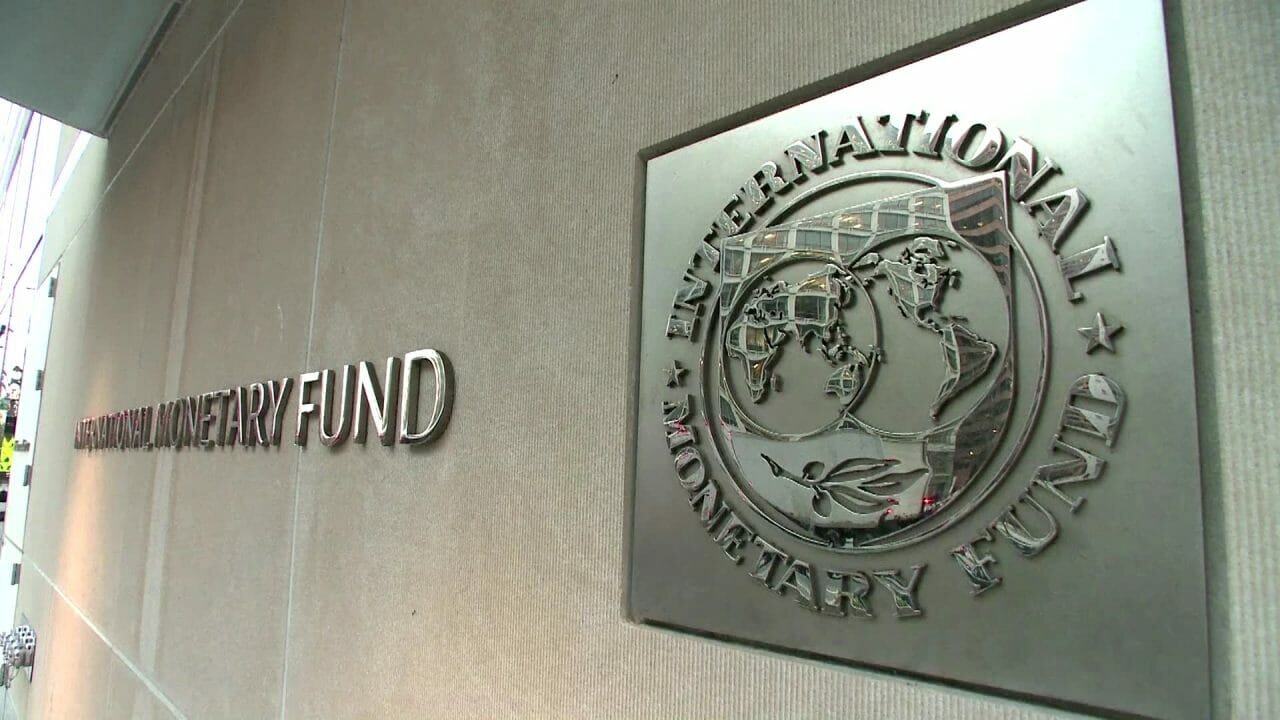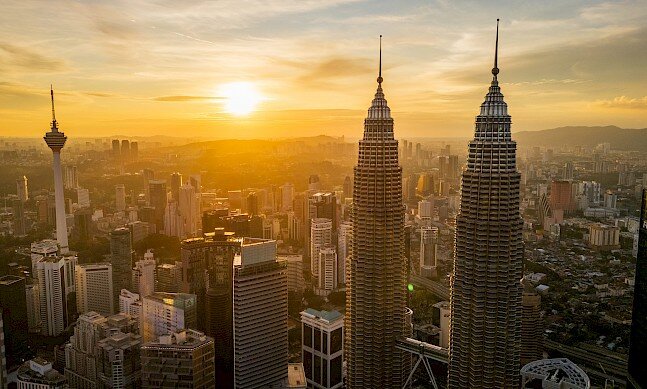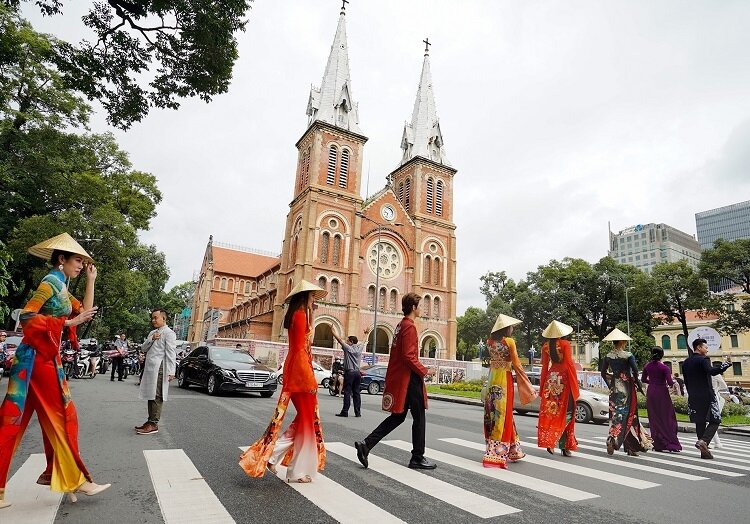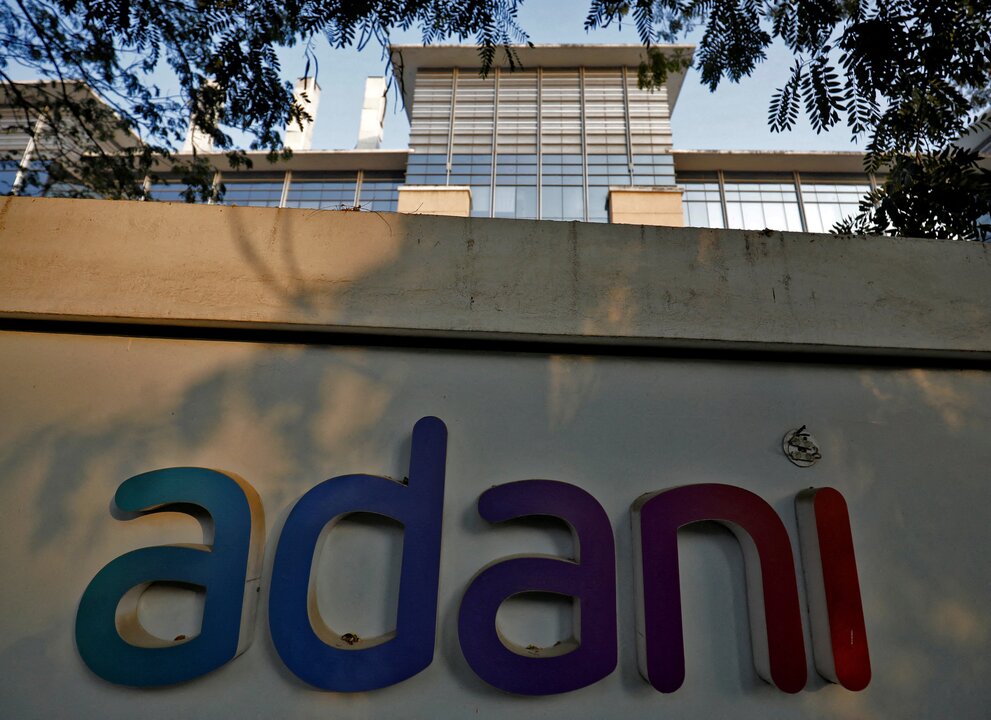Draft legislation would allow casino operations on Caspian Sea artificial land to stimulate tourism, economic diversification and fiscal revenues
Azerbaijani lawmakers have reviewed draft legislation that would legalise casino operations, but restrict them to artificial land plots located in the Azerbaijani sector of the Caspian Sea.
Operators would be required to obtain annual licences costing AZN 340,000 (approximately US $200,000) under amendments to the Law on State Fees presented to parliament in mid‑June .
Casino activity has been prohibited in Azerbaijan since a 1998 presidential decree that banned casinos, betting shops and cash‑prize games on grounds of morality, economic risk and potential for money laundering .
Supporters of the reform argue that a regulated casino sector could help retain capital that currently leaves the country as Azerbaijani citizens travel abroad to gamble, especially to Georgia, Russia and other neighbouring states .
In 2024 Georgia’s gambling turnover reached US $28 billion, employing over 20,000 people, with around 20 per cent of revenue attributed to foreign clients including citizens of Azerbaijan .
Economic forecasts for the global casino industry project turnover rising from US $580 billion in 2024 to US $745 billion by 2028 .
Proponents in Azerbaijan suggest that licensing such operations could generate significant tax revenues and support economic diversification within the non‑oil sector .
The draft reforms would limit casinos to designated artificial zones, such as the Sea Breeze resort area on the Absheron Peninsula, where businessman Emin Agalarov has previously expressed interest in establishing a casino at his entertainment complex .
In October 2024 he publicly discussed integrating casino operations into the Sea Breeze development, citing tourism potential .
Parliamentarians have emphasised that tightly controlled licensing and strict regulatory frameworks—incorporating anti‑money laundering and anti‑terror‑financing provisions, financial safeguards and age restrictions—would be central to the legislative package .
Analysts and tourism officials argue that legal casinos could drive infrastructure development—including hotels, roads, public services—and create thousands of direct and indirect jobs in hospitality, transport, security, marketing and related sectors .
They also highlight that legalisation would curb illegal gambling and online fraud by bringing the activity into a regulated environment .
Critics note that Azerbaijan remains a majority Muslim country where gambling is socially and morally sensitive, and past attempts to reintroduce casinos—including proposals by Ibrahim Nehramli in 2016—were met with opposition on both legal and ethical grounds .
Parliament is expected to continue reviewing the proposed amendments over the coming months.
The reforms, if enacted, would mark the first formal authorisation of casino gambling in Azerbaijan in more than 25 years and reshape the country’s tourism and fiscal landscape.

